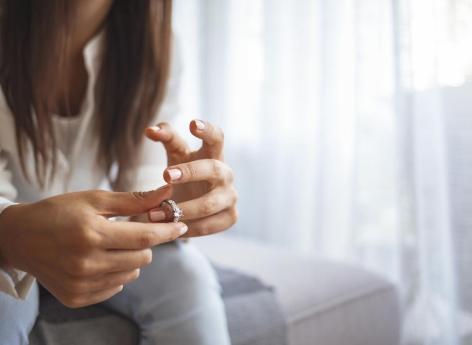From Facebook to Instagram, via Snapchat, we spend more and more time connected to social networks, scrutinizing the photos of others, envying their lifestyle and their physical appearance. A far from harmless addiction.

Bodies with perfect curves, smooth skin, huge eyes, dreamy hair. Who, by consulting Instagram, Snapchat or Facebook, has not come across these idyllic photos of influencers, posing in heavenly places or in their designer and immaculate interior?
If these images improved with filters lend to “inspire” us, they can also prove to be harmful to the image that our own daily life sends back to us, far from being as perfect as that displayed by these stars of social networks. Worse, they can lead to mental disorders and low self-esteem.
This is highlighted by a new study conducted by York University, in Toronto, Canada, and published in the journal Body Picture. According to its authors, these polished photographs have a negative effect on the self-confidence and body perception of young women who consult them assiduously, comment on them and “like” them.
The stronger the social engagement, the more negative the self-perception
To reach this conclusion, Jennifer Mills, an associate professor in the psychology department and Jacqueline Hogue, a doctoral student in the department’s clinical program, recruited 118 female undergraduates aged 18 to 27 who liked or commented on photos of people. whom they considered more attractive than themselves. Each participant received a questionnaire where she had to indicate, using a specific scale, her degree of satisfaction or dissatisfaction with her physical appearance or her body image.
The students were then divided into two groups. In the first group, they were asked to log on to Facebook and Instagram for at least five minutes and find a young woman of the same age as them who they thought was more attractive. After looking at the photos, they were asked to leave a comment.
In the control group, participants were asked to complete the same task, but this time they had to comment on a post from a family member that they did not find more attractive. The data showed that participants’ opinions of their own appearance were unaffected during interactions with family members.
Use of social networks based on physical appearance
“I think in many cases young women who post on social media are hoping to get positive reinforcement for what they post and the way they use social media is more appearance-based than male-based. .”
According to Jennifer Mills, appearance is key for 18-20 year olds, and especially for young women, who care a lot about how they are perceived by others. However, it is these young women who are most likely to use social networks and compare themselves to other members.
This behavior is never beneficial, say the researchers, especially for self-image and self-confidence. “When we compare ourselves to other people, it can affect how we evaluate ourselves,” says Jennifer Mills. “We really need to educate young people about how using social media might give them a sense of identity and how it might even be linked to crash diets, eating disorders or over-exercising. there are people who can fall into these traps because of social media and are therefore particularly vulnerable.”
.
















